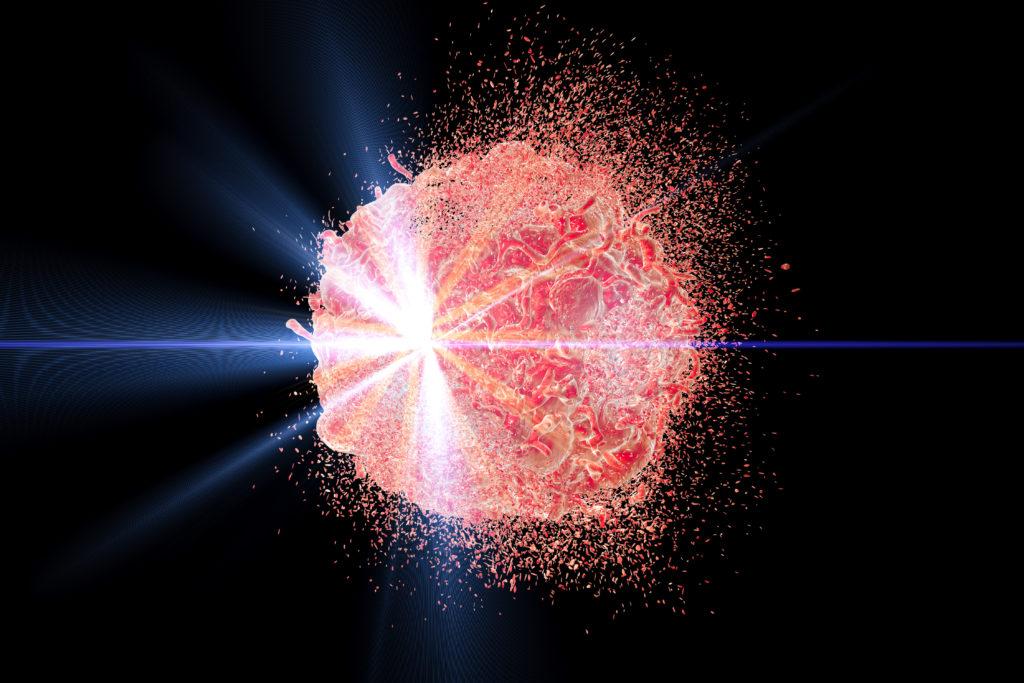Leading the next generation of radiotherapy research
Cancer Research UK (CRUK) have today announced the launch of a new £56 million research network that will accelerate the development of advanced radiotherapy techniques in the UK. The network, named ‘RadNet,’ will pioneer the use of the latest technologies in world-first research projects with the aim of improving cancer survival by optimising and personalising radiotherapy.
Michelle Mitchell, chief executive of CRUK, said:
“Radiotherapy is a cornerstone of cancer medicine, with around 4 in 10 patients receiving it as part of their treatment. The launch of our network marks a new era of radiotherapy research in the UK. Scientists will combine advances in our understanding of cancer biology with cutting-edge technology to make this treatment more precise and effective than ever before.”

RadNet will bring together seven CRUK centres of excellence across the UK, including the CRUK City of London Centre (a partnership between the CRUK Barts Centre, University College London, Kings College London and the Francis Crick Institute), the Universities of Cambridge, Glasgow, Leeds, Manchester and Oxford, and the Institute of Cancer Research in partnership with the Royal Marsden Hospital, London.
Professor Nick Lemoine, Director of the CRUK Barts Centre said:
“The CRUK City of London RADNET consortium is an exciting new initiative to build capacity in basic, translational and clinical research related to radiation oncology. The CRUK Barts Centre brings strengths in DNA repair and genome stability, immunobiology and understanding of the tumour microenvironment, as well as some of the most advanced clinical facilities for radiotherapy in the country. We look forward to the opportunity to recruit new faculty with our partners at the Crick Institute, UCL and Kings.”
The centres will spearhead the development of new techniques for delivering radiotherapy and investigate new radiotherapy-drug combinations, including immunotherapies. Scientists will also focus on reducing the long-term side effects associated with radiotherapy, with the aim of improving patients’ quality of life during and after treatment.
Radiotherapy works by blasting x-ray radiation at a tumour to damage the DNA within cancer cells and kill them. Although this treatment was first used almost a century ago, little is understood about the knock-on effect of radiotherapy on non-cancerous cells in the immediate tumour vicinity, i.e. the tumour microenvironment (TME).
The CRUK Barts Centre will lead on research to better understand the impact of radiotherapy on the biology of cells within the TME and determine how the TME affects a cancer’s response to the treatment. In addition, CRUK Barts Centre researchers will develop and test immunotherapies (treatments that harness the power of the body’s immune system) in combination with radiotherapy in the hope of achieving improved treatment outcomes.
RadNet is CRUK’s largest ever investment in radiotherapy research. The network will attract world leading researchers from across the globe and foster collaborations between diverse scientific fields to challenge the boundaries of radiotherapy and bring the next generation of treatments to patients sooner.
Category: General News, Grants & Awards

No comments yet